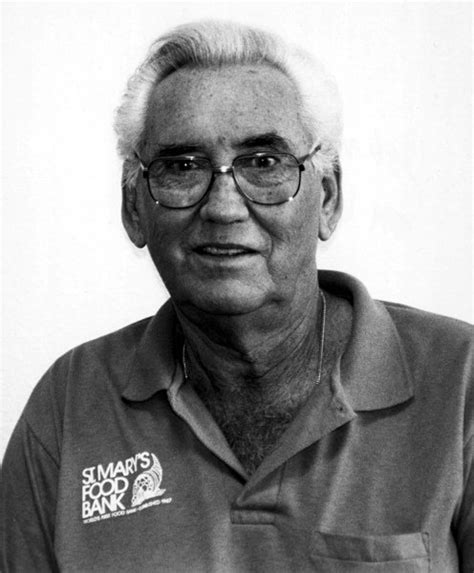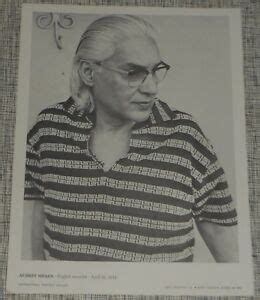A Quote by John van Hengel
The poor we shall always have with us, but why the hungry?
Related Quotes
The Church will always be renewed when our attention shifts from ourselves to those who need our care. The blessing of Jesus always comes to us through the poor. The most remarkable experience of those who work with the poor is that, in the end, the poor give more than they receive. They give food to us.
IF we desire European civilization to be a raid and a rescue, we shall insist rather that souls are in real peril than that their peril is ultimately unreal. And if we wish to exalt the outcast and the crucified, we shall rather wish to think that a veritable God was crucified, rather than a mere sage or hero. Above all, if we wish to protect the poor we shall be in favour of fixed rules and clear dogmas. The rules of a club are occasionally in favour of the poor member. The drift of a club is always in favour of the rich one.
It is easy to say that there are the rich and the poor, and so something should be done. But in history, there are always the rich and the poor. If the poor were not as poor, we would still call them the poor. I mean, whoever has less can be called the poor. You will always have the 10% that have less and the 10% that have the most.
In a very real way, the poor are our teachers. They show us that people’s value is not measured by their possessions or how much money they have in the bank. A poor person, a person lacking material possessions, always maintains his or her dignity. The poor can teach us much about humility and trust in God.






























